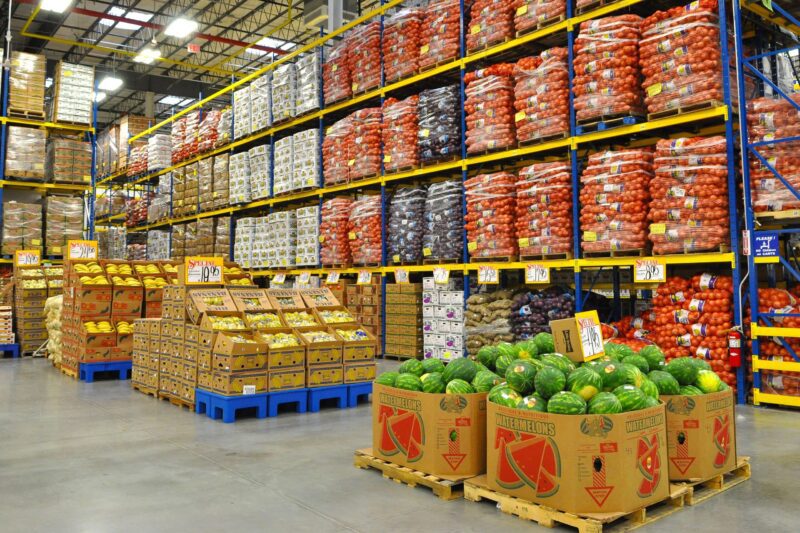In an increasingly interconnected world, the quest for halal food has transcended geographical boundaries. For millions of Muslims globally, finding dining options that adhere to Islamic dietary laws is not merely a preference but a fundamental aspect of their faith and well-being. Whether you’re at home seeking halal places around me or exploring the bustling streets of a foreign metropolis like Shinjuku, Tokyo, the availability of halal food is a testament to growing awareness and inclusivity.

The Everyday Endeavor: Halal Places Around Me
The phrase halal places around me represents a common need for Muslims in their daily lives. Gone are the days when finding halal food meant a limited choice or a painstaking search. Today, a robust ecosystem of resources has emerged to cater to this demand:
. Dedicated Halal Apps and Websites: The most significant game-changer has been the proliferation of specialized apps and websites. Platforms like Zabihah, Halal Navi, HalalTrip, Halal Bites, and Muslim Directory App (MD) have become indispensable tools. These apps leverage GPS technology to pinpoint nearby halal restaurants, grocery stores, and even mosques. Users can filter by cuisine, read reviews, view ratings, and sometimes even see photos shared by fellow diners. This community-driven approach fosters trust and helps individuals make informed decisions.
. Online Delivery Services: Mainstream food delivery platforms like Uber Eats now often include a Halal filter, making it easier to order halal food directly to your doorstep. This convenience is particularly valuable for those seeking quick meals or when dining out isn’t feasible.
. Social Media and Community Groups: Local Muslim communities often maintain active social media groups (e.g., Facebook, WhatsApp) where members share recommendations, review new halal establishments, and post updates on pop-up events or home-based halal food businesses. These informal networks are invaluable for discovering hidden gems and staying informed about the local halal scene.
. Halal Certification Bodies: In many regions, official halal certification bodies provide clear guidelines and certify restaurants and food manufacturers. Looking for these certifications displayed prominently in establishments offers peace of mind regarding the authenticity of the halal claim.
. Word of Mouth: Despite the digital advancements, word-of-mouth remains a powerful tool. Asking local Muslim residents for their favorite halal spots can lead to authentic and often culturally rich dining experiences that might not be heavily advertised online.
The growth of halal places around me reflects a broader trend of businesses recognizing and responding to the diverse needs of their customer base. This not only benefits Muslim consumers but also promotes cultural understanding and culinary exploration.
Shinjuku’s Halal Haven: A Culinary Guide
Shinjuku, one of Tokyo’s most vibrant and dynamic districts, was once a challenging destination for Muslim travelers seeking halal food. However, in recent years, this bustling hub has seen a remarkable transformation, with a growing number of restaurants catering to halal restaurant in Shinjuku. The shift is largely driven by Japan’s increasing tourism and a recognition of the diverse needs of international visitors.

For Muslims visiting or residing in Shinjuku, the options are now more varied than ever, ranging from authentic Japanese cuisine to diverse international flavors. Here’s a glimpse into the halal culinary landscape of Shinjuku:
. Halal Ramen: A quintessential Japanese experience, ramen was traditionally difficult to find in halal form due to the use of pork broth and alcohol in preparation. However, Shinjuku now boasts dedicated halal ramen shops. Halal Wagyu Ramen Shinjuku-tei is a prime example, offering a rich yet clean broth with halal-certified Wagyu beef. Similarly, Menya Honolu Shinjuku Gyoenmae has gained official halal certification for its chicken paitan soup. These establishments allow Muslim travelers to savor this iconic dish without compromise.
. Indian and Japani Delights: Indian and Japani restaurants have long been a reliable source of halal food in many parts of the world, and Shinjuku is no exception. Restaurants like Ashoka Shinjuku, Indian Restaurant Khana, and MUGHAL Halal Indian Restaurant offer a wide array of curries, biryanis, and tandoori dishes, all prepared with % halal ingredients. Their rich flavors and comfortable ambiance make them popular choices.
. Turkish and Middle Eastern Cuisine: The aromatic spices and grilled meats of Turkish and Middle Eastern cuisine are also well-represented in Shinjuku’s halal scene. Bosphorus Hasan Shinjuku is a well-known establishment specializing in authentic Turkish and Middle Eastern dishes, particularly their tender kebabs. Other options like Turkish Restaurant Çankaya and Pamukkale further expand the choices for those craving savory grills and traditional mezzes.
. Japanese Comfort Food: Beyond ramen, some Japanese restaurants are making efforts to offer halal-friendly versions of beloved dishes. Grill Hunter Shinjuku stands out with its hand-shaped hamburger steaks made from % halal beef, offering a taste of Western-style comfort food with a Japanese twist. While not always fully certified, some Japanese restaurants are also open to inquiries about ingredient sourcing, allowing for more Muslim-friendly options.
. Finding Halal in Shinjuku:
- Look for Halal Certification: Many halal restaurants in Shinjuku proudly display their halal certification, often from organizations like the Japan Islamic Trust or Nippon Asia Halal Association.
- Utilize Halal Apps: Apps like Halal Navi and Zabihah are particularly useful for navigating the halal food scene in Tokyo, offering up-to-date listings and user reviews.
- Ask and Verify: If a restaurant doesn’t explicitly state halal, it’s always advisable to politely inquire about their ingredients and preparation methods. Some establishments might use halal meat but prepare it on shared grills or with non-halal sauces.
The rise of halal dining in Shinjuku signifies a positive step towards a more inclusive and welcoming environment for Muslim visitors and residents. It reflects Japan’s commitment to catering to diverse cultural and religious needs, enriching the culinary landscape for everyone.









